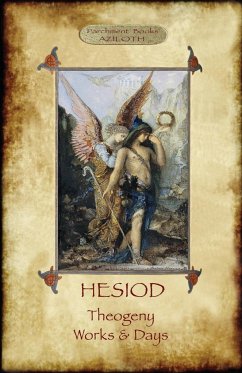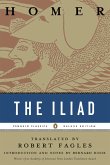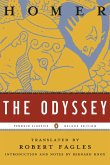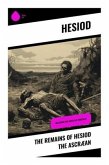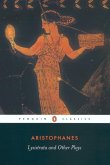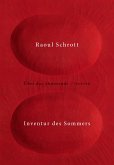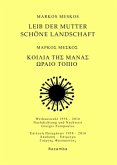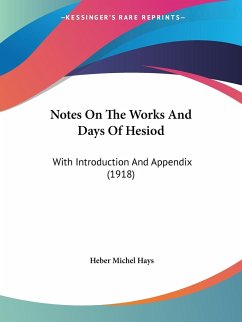Hesiod was a simple shepherd of Boetia in 700 BC Greece until, as he himself describes, he became beloved of the Muses who bestowed upon him a laurel staff and with it the gift of Poetry: "they breathed into me wondrous voice, so that I should celebrate things of the future and things that were aforetime." Hesiod's earliest poem, the famous Works and Days, shines a light on the daily tasks, timings, and strategies needed to farm successfully in the ancient world. Full of wise admonitions, and interwoven with episodes of myth, allegory, and the poet's own experiences, it forms a fascinating Farming Diary from the remote past. The Theogony is altogether a work of greater ambition: a glorious - and at the time, a unique - attempt to work the numerous legends of Greek gods, goddesses and demi-gods into a coherent and reasonably logical system. This catalogue of deities is leavened with a multitude of their mythical exploits, including murder, infanticide, incest, cannibalism and emasculation as the action leads up to the Titanomachia, the epic battle between the Olympian gods, led by Zeus, and the Titans, who support Cronus. Hesiod's poems are more than a storied overture to the sublime works of Homer - they are, in themselves, a powerful, emotional connection with the cultural richness and beliefs of our European ancestors some two and a half millennia ago. A must-read for anyone interested in Western Philosophy and Culture.
Hinweis: Dieser Artikel kann nur an eine deutsche Lieferadresse ausgeliefert werden.
Hinweis: Dieser Artikel kann nur an eine deutsche Lieferadresse ausgeliefert werden.

